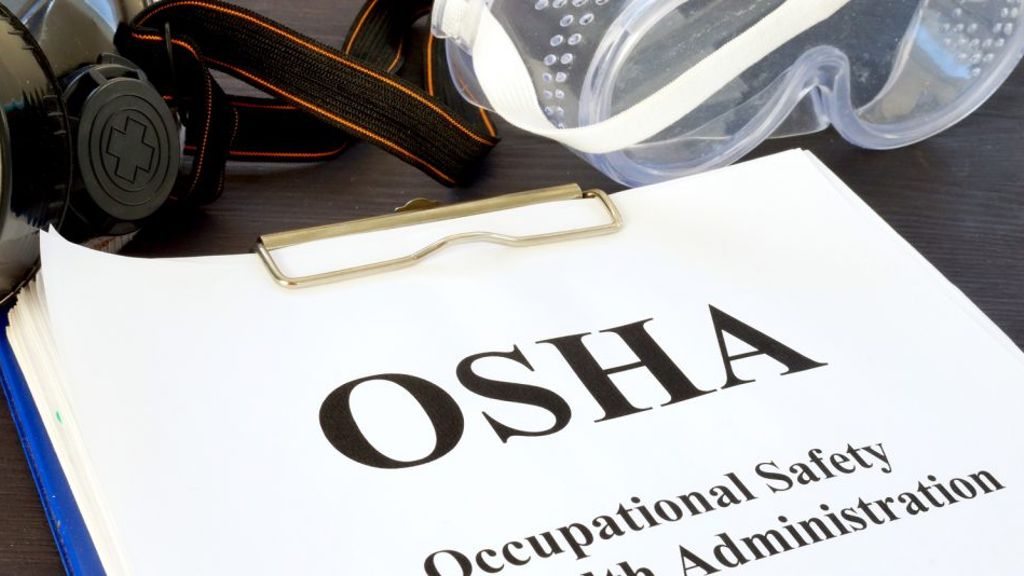The Occupational Safety and Health Administration now says employers who mandate COVID vaccines will not be required to treat adverse reactions as “recordable injuries,” thus eliminating employers’ concerns about vaccine injuries impacting their safety record.
The federal Occupational Safety and Health Administration (OSHA) Friday reversed its position on requiring companies that mandate COVID vaccines to treat adverse reactions as “recordable injuries,” announcing that it will no longer enforce its previous ruling.
OSHA said it made the change in order to avoid “the appearance of discouraging workers” from getting the COVID vaccine and also because it did not wish to “disincentivize employers’ vaccination efforts.”
According to the agency’s website:
“DOL [U.S. Department of Labor] and OSHA, as well as other federal agencies, are working diligently to encourage COVID-19 vaccinations. OSHA does not wish to have any appearance of discouraging workers from receiving COVID-19 vaccination, and also does not wish to disincentivize employers’ vaccination efforts. As a result, OSHA will not enforce 29 CFR 1904’s recording requirements to require any employers to record worker side effects from COVID-19 vaccination through May 2022. We will reevaluate the agency’s position at that time to determine the best course of action moving forward.”
As The Defender reported May 20, OSHA’s website previously stated:
“If you require your employees to be vaccinated as a condition of employment (i.e., for work-related reasons), then any adverse reaction to the COVID-19 vaccine is work-related. The adverse reaction is recordable if it is a new case under 29 CFR 1904.6 and meets one or more of the general recording criteria in 29 CFR 1904.7.”
In general, an adverse reaction to the COVID vaccine is recordable if the reaction is: (1) work-related, (2) a new case and (3) meets one or more of the general recording criteria in 29 CFR 1904.7 (e.g., days away from work, restricted work or transfer to another job, medical treatment beyond first aid).
According to OSHA, the requirement that employers must record serious work-related injuries and illness can leave employers with worker’s compensation claims, which can have a negative impact on the employer’s safety record.







